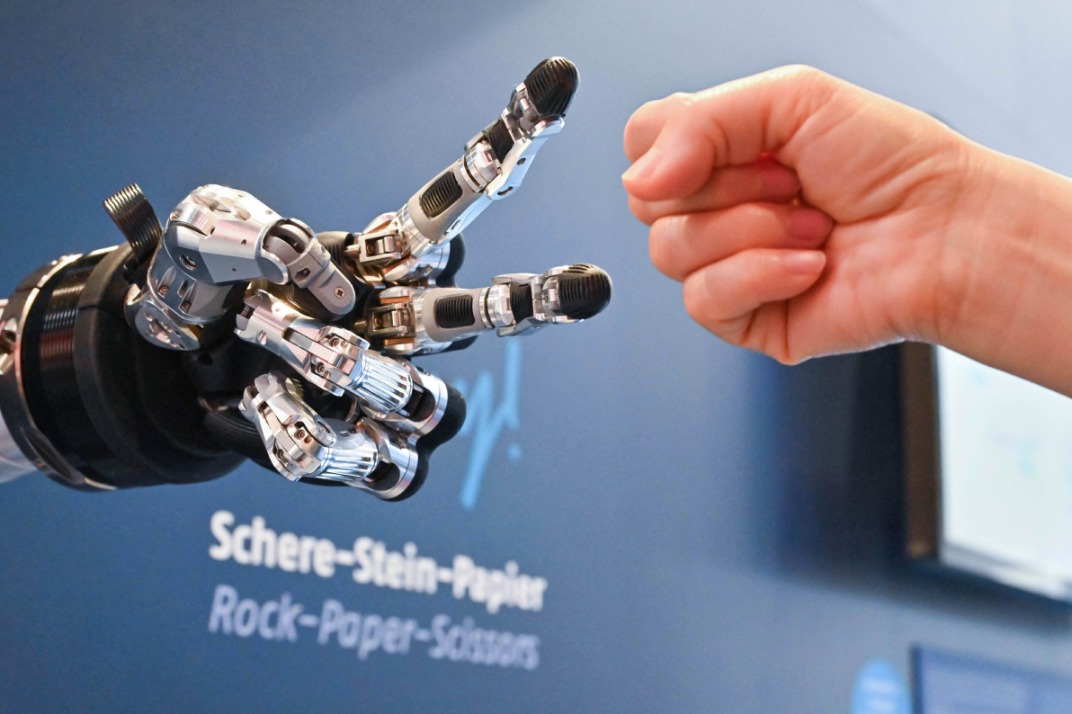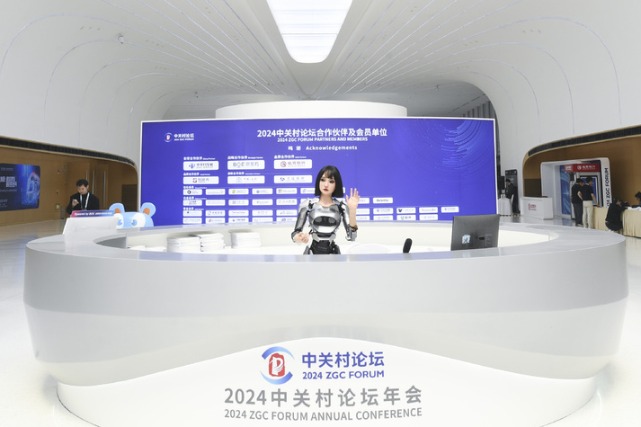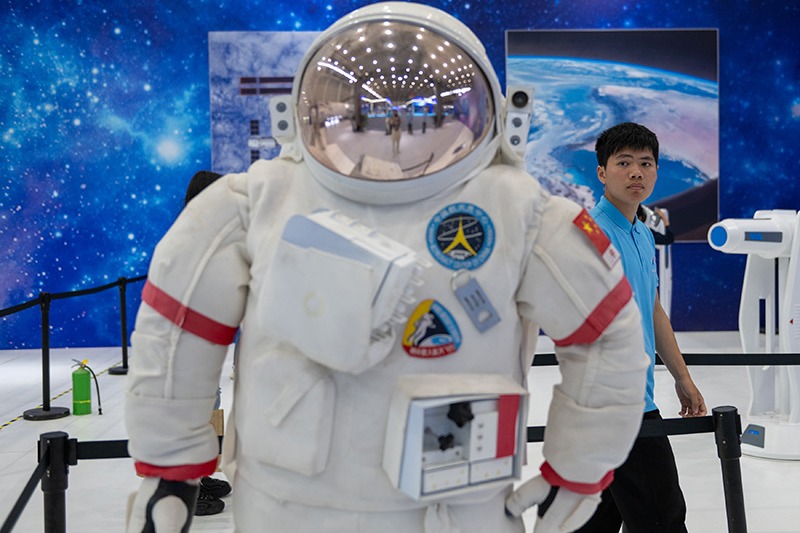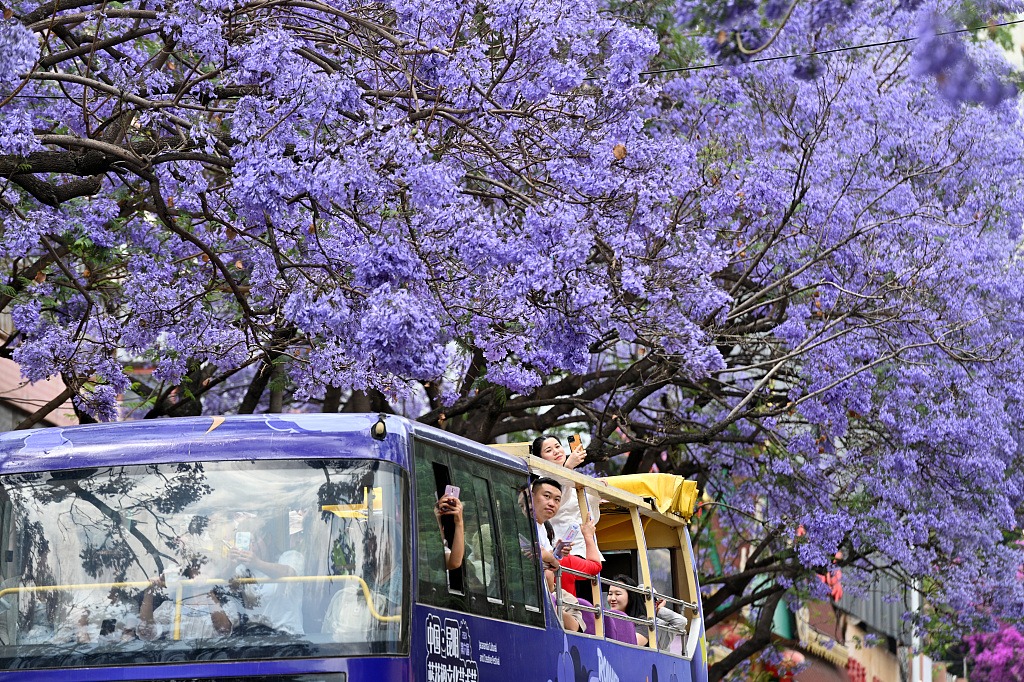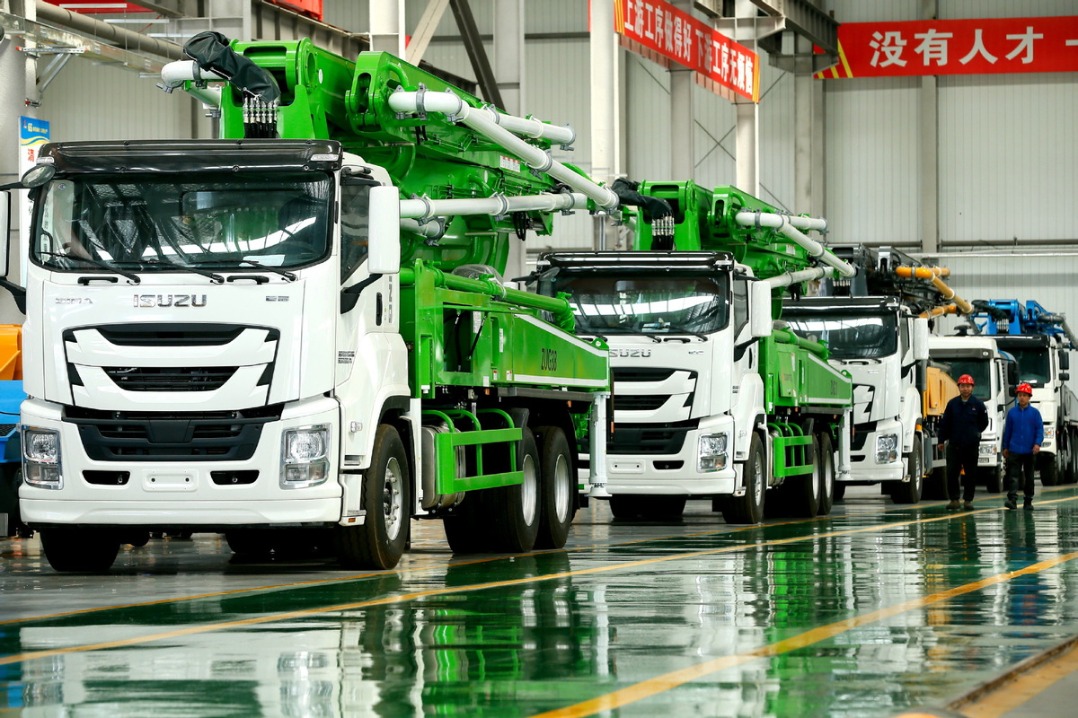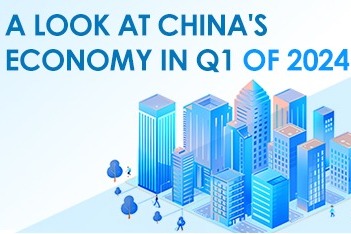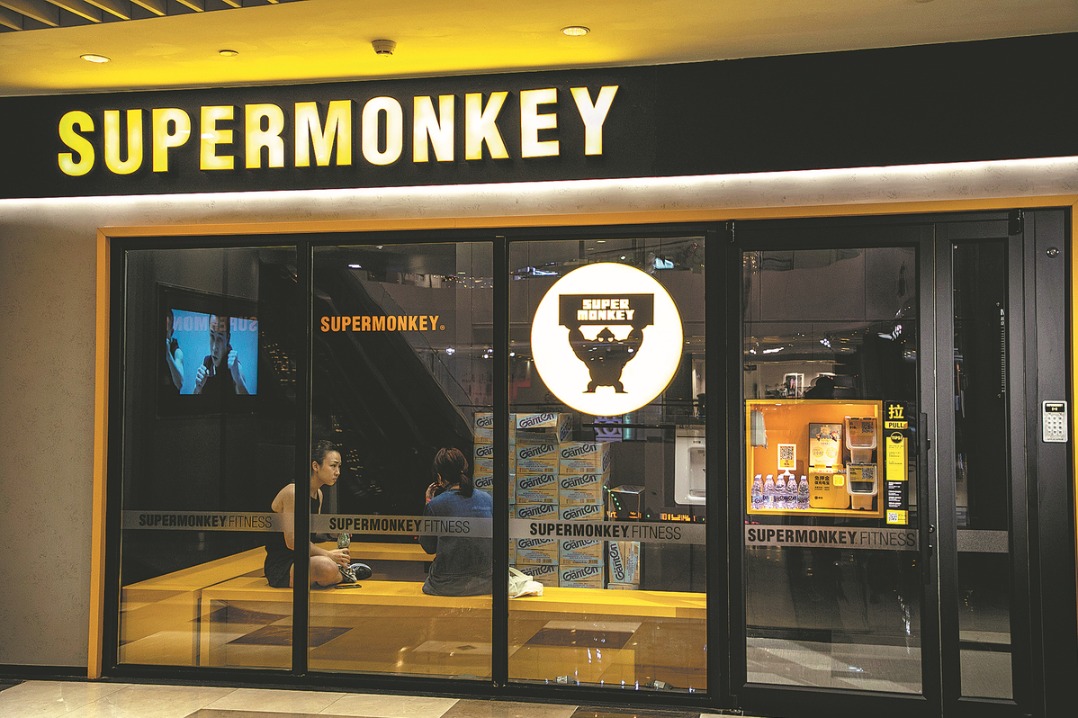China tax and fee incentives a strong boost to economy

BEIJING -- China has ramped up its tax and fee incentives and supporting policies to enterprises, a move that has not only offered a "timely rain" to companies in financial drought but also served as a shot in the arm for the economy.
Official data from the State Taxation Administration showed that China's tax refunds as well as tax and fee cuts and deferrals had exceeded 3.4 trillion yuan (about $478 billion) by Sept 20.
The total consists of approximately 2.21 trillion yuan worth of value-added tax credits that had been refunded to taxpayers, 591.6 billion yuan of tax and fee cuts, and 632.6 billion yuan of deferred tax and fee payments.
The combined tax and fee incentives have been vital in bailing out businesses in difficulty. A waste management firm based in Ji'an city of Jiangxi province in the east of China, for instance, had been seeing negative profit margins before May, according to the company's financial chief Zhang Leshan.
However, after receiving a tax rebate of 10.48 million yuan in May and an exemption of 160,500 yuan that was refunded to its account, the company's monthly profits have rebounded to positive territory and reached 2.86 million yuan.
Zhang also said that the company's monthly operating costs have lowered 5.3 percent. "It is estimated that the company would see a 25-percent yearly increase in whole-year business revenue."
Animal husbandry firm Zhonghong Sanrong Group Co Ltd enjoyed a tax refund totaling about 500,000 yuan in July.
"We used the money to purchase soybean pulp, brown rice and other raw materials for broiler feed. After three months, the chickens were sold at a good price and farmers have reaped a harvest," said Sang Shujun, the legal representative of the company.
A survey by the National Bureau of Statistics (NBS) showed that 90 percent of firms that received tax refunds since the policy was implemented believed that their cash flow had improved.
On top of these inclusive tax and fee incentives, an executive meeting of China's State Council last week decided to temporarily defer payments of certain government-levied charges and deposits to further ease the burden on market entities, especially micro, small and medium-sized enterprises, self-employed households and manufacturing firms.
Li Xuhong, a senior researcher with the Beijing National Accounting Institute, said that the tax and fee policies implemented in 2022 mainly center on support for key enterprises, such as the sci-tech, manufacturing and micro, small and medium-sized firms, and aim to precisely "drip irrigate" market entities experiencing financial strain.
As policies and measures to stabilize the economy continue to take effect, and the negative effects of heatwaves wane, China's purchasing managers' index (PMI) for the manufacturing sector has bounced back to expansion territory, according to NBS figures.
The PMI for the manufacturing sector came in at 50.1 in September, above the boom-bust line of 50, and up from 49.4 in August.
Data showed that the confidence of manufacturing companies strengthened in September, with the sub-index for production and operation activity expectation standing at 53.4, up 1.1 points from the previous month.
"The foundations of economic recovery will be further consolidated, as supporting policies continue to take effect," said Fu Linghui, an NBS official.
















